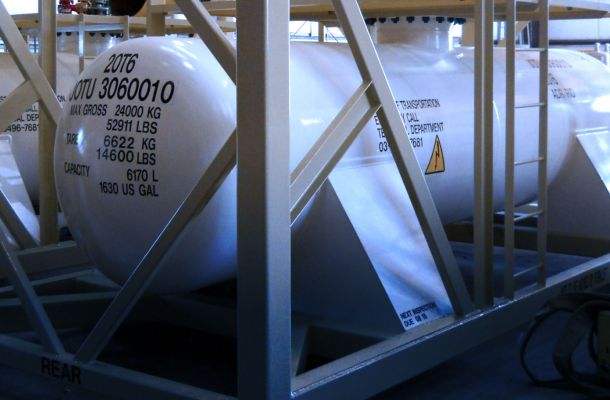SBA Loan FAQs: Personal Guarantees, Secured Loan vs Unsecured and More.

First Financial Bank
You are interested in building or buying a business – and you’ve heard that Small Business Administration (SBA) loans are a good idea. But what does all that jargon mean? What are things like “secured vs. unsecured loans” and “personal guarantees”? Find the answers to some of the most frequently asked questions here.
You are working on turning your dream of being a business owner into a reality. Financing is an essential step in the process. To navigate the process, you need some help translating all those financial terms. As an SBA Preferred Lender, we have significant experience helping people like you acquire, grow, and expand your business. This also means we can provide insights into how to interpret those expressions and terminology you’ve heard about business loans.
Here are some frequently asked questions (“FAQs”) about loans, security, and personal guarantees.
What is a secured loan vs an unsecured loan?
Simply put, a secured loan is one where you have agreed to use a tangible asset the lender considers of value as “collateral” against the money you are borrowing. Collateral may be a piece of real estate that you or your business already own, stocks and bonds, or a piece of expensive equipment whose ownership could revert to the bank if you can’t fulfill your contract to repay the loan.
An unsecured loan is one where your creditworthiness has been judged to be sturdy enough to borrow the money without providing something to be held as collateral against the entire debt. Your commitment in writing to pay the debt as agreed by you and the lender is all that is being asked.
What is “goodwill”?
Sometimes, you are gaining more than the tangible assets of a business. The valuation of the business may include both tangible and intangible assets to calculate the fair market value of the business. These intangible assets are also known as “goodwill”. Goodwill may provide you with a competitive advantage as the new owner. Examples are patents, trademarks, proprietary technology, customer lists, brand recognition, and reputation.
Is the “collateral” used for a business loan, something owned by the business, or by you personally?
Typically, for a business loan that requires it, your business entity (your LLC or other type of corporation) owns the property used as collateral. But you can also use personal collateral for business loans. In some cases, SBA loans may require personal collateral.
What if the business does not have enough assets right now to use as collateral, but I have a strong personal credit history or valuable assets?
In some cases, if the business does not have the creditworthiness and/or tangible assets that could be used as credit, a lender could propose a principal in the business to “personally guarantee” the loan. In addition to the amount of collateral you have, based on ownership in the business, SBA may require key individuals to personally guarantee the loan.
What is a “personal guarantee”?
A personal guarantee sounds like what it is. In addition to the business “guaranteeing” the repayment of the loan through their creditworthiness and/or collateral, you (or your business partners) are agreeing that if the business cannot pay back the loan, you will pay it back out of your personal assets. Yes, it can help secure certain loans – but it also means you would be on the hook to repay the debt. For SBA loans, this may be required to secure the loan.
What are some of the other differences between a secured and unsecured loan? Which is better for me?
As the borrower, it can depend on your financial situation and plans. A secured loan will require your collateral to be assessed by independent experts identified by the lender. This takes time. If your business’ credit history is limited or otherwise not as strong as you could hope for, mitigating the risk of defaulting on the loan with collateral can be useful in getting you where you need to go. But if you have the creditworthiness to borrow without securing collateral, it can speed up the process.
Does an SBA Small Business Loan require collateral?
The Small Business Administration’s Small Business Loan helps to mitigate the risk on the loan by guaranteeing up to 75% of the loan amount. Many borrowers may still need to provide some collateral to address any gaps. As an SBA Preferred Lender, we work with clients to identify what they need to provide to optimize their opportunity for success.




